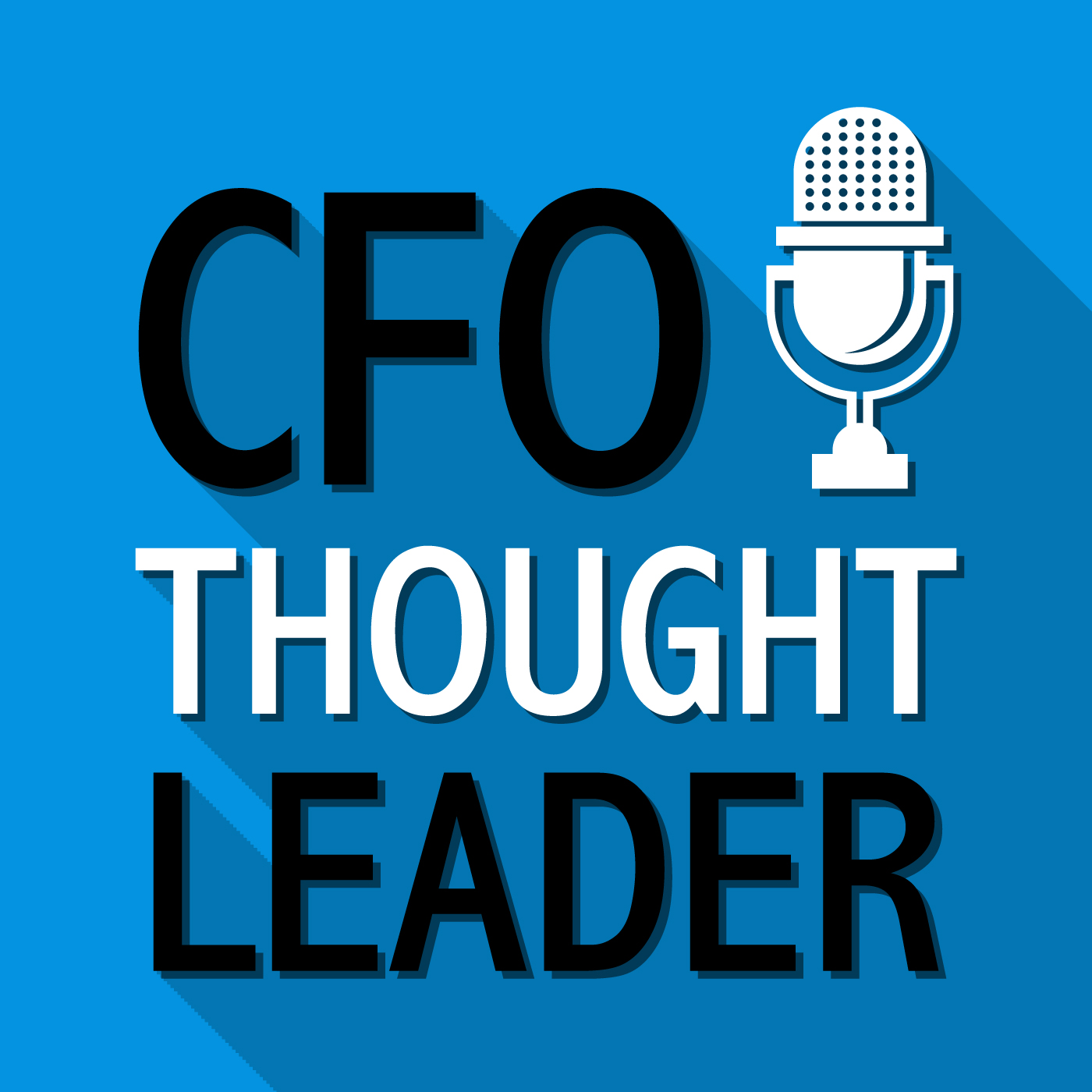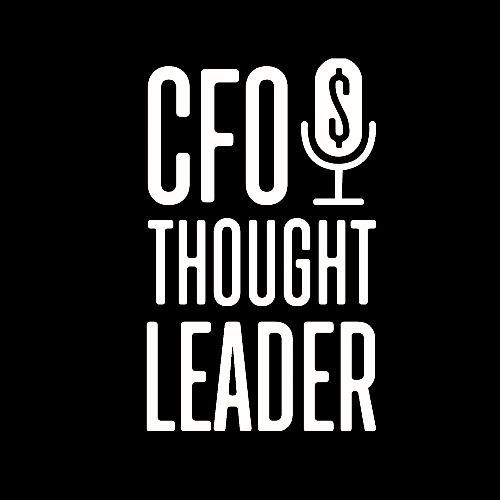604: When It's Time for a Fire Drill | Gordon Stuart, CFO, Unit4
In the late 1980s, when Gordon Stuart exited a 4-year stint as an auditor with Price Waterhouse, he bid accounting farewell—or at least he did until he stepped into a CFO role roughly a dozen years later.
Ever since, he has occupied multiple CFO roles, helping to remove any doubt about his finance and accounting orientation.
Still, Stuart’s appetite for broader business experiences during the early part of his career set him apart from many of his finance leader peers. During the 1990s, as a senior engagement manager for strategy consulting firm McKinsey & Company, he found job satisfaction across a variety of industries.
Asked what originally led him to join McKinsey rather than take on a more traditional corporate finance role, Stuart says that “the opportunity that I saw would allow somebody who’s naturally curious about business to build a better set of capabilities, frameworks, experiences, and connections to further their career.”
Looking back, Stuart says that his biggest take-away from his 6 years with McKinsey involved the approach that McKinsey uses while serving clients.
“It taught me an awful lot about how to work with teams and rapidly assimilate and understand businesses and business models, as well as how to communicate with others. In fact, I think that this was probably one of the key learnings,” says Stuart, who would leave the strategy house in 1998 to become director of strategy for Dell Europe, where he would ultimately set up and lead the technology company’s Web hosting business for Europe.
“Our timing was unfortunate because the dotcom collapse of 2000 kind of reset priorities within Dell, and that’s when my CFO career began,” explains Stuart, who left Dell after the CEO of a UK software company (and former McKinsey colleague) convinced him to accept the software firm’s finance leadership role.
“I never set out with an ambition to be a CFO, but as time passed, I kind of realized that if you pick the right business and it lines up with your interests, CFOs influence a lot of what happens in a business. And having an impact is very satisfying,” he explains. –Jack Sweeney


